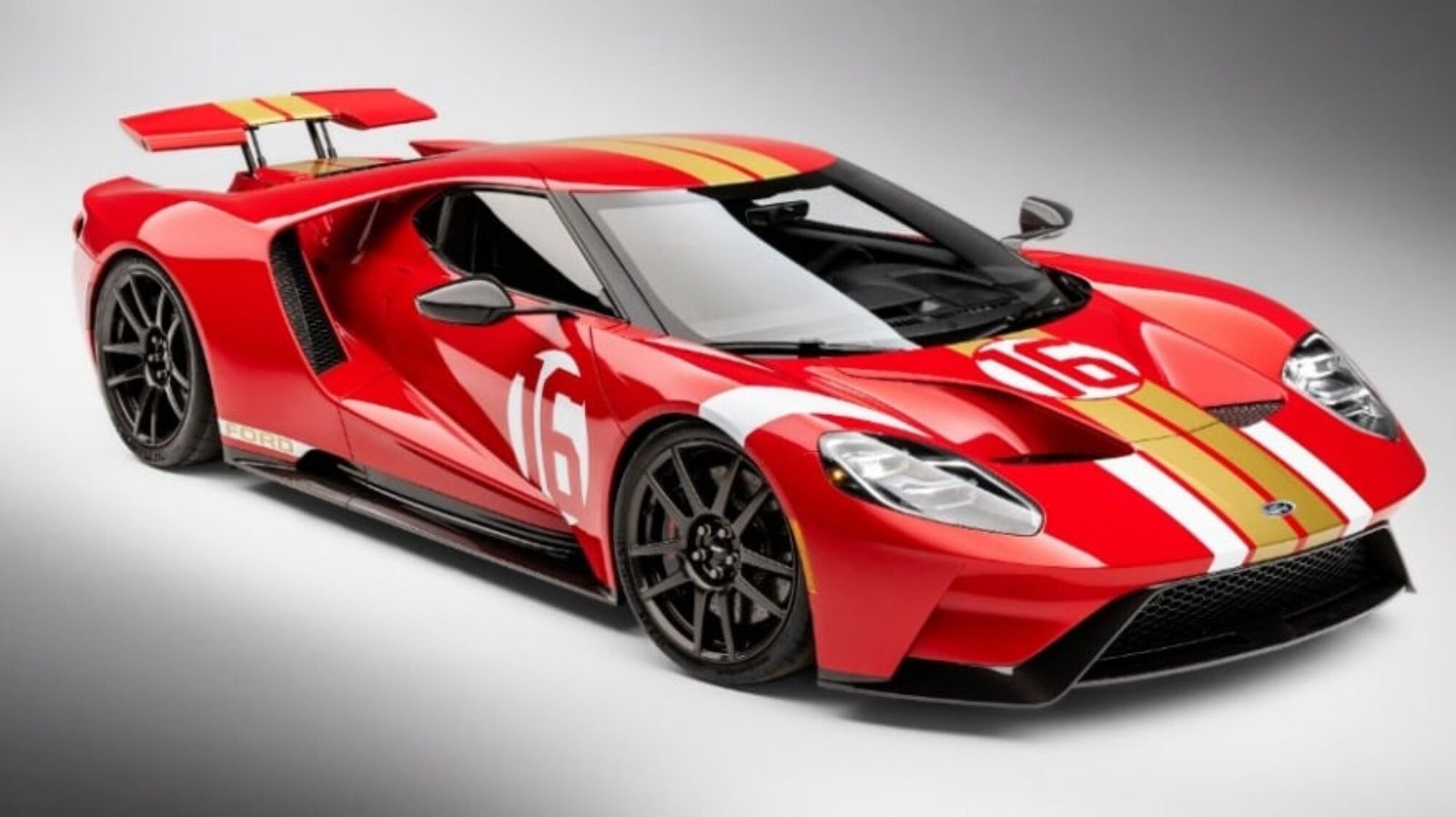Is Manual Cars Resale Value High?
When considering a manual car, you might wonder about its resale value. Manual transmissions have unique characteristics, and their resale value can vary based on several factors. In this post, we’ll explore whether manual cars typically hold their value well and what influences their resale prices.

1. Demand for Manual Cars
Market Trends
The demand for manual cars has changed over the years. In the past, manual transmissions were more common and highly sought after. Today, however, automatic transmissions have become more popular due to their convenience and ease of use. As a result, manual cars are less common in the market, which can influence their resale value.
Enthusiast Appeal
Manual cars often attract driving enthusiasts who value the engaging driving experience they offer. For these buyers, a well-maintained manual car can command a premium price. Enthusiasts are willing to pay more for a manual transmission, especially in rare or high-performance models.
2. Rarity and Condition
Rarity of Manual Transmissions
The rarity of manual transmissions can positively impact resale value. As fewer new cars come with manual options, existing manual cars become more desirable to certain buyers. This scarcity can drive up demand and potentially increase resale prices.
Condition of the Vehicle
The condition of the manual car significantly affects its resale value. A well-maintained car with a clean service history will generally command a higher price. Regular maintenance, such as clutch replacement and transmission fluid changes, can help preserve the car’s value.
3. Model and Brand Impact
Brand and Model Popularity
The resale value of a manual car can vary depending on the brand and model. Some brands and models are known for their durability and performance, which can help maintain higher resale values. Sports cars and high-performance vehicles with manual transmissions, like the Mazda MX-5 Miata or the Ford Mustang GT, often have better resale values due to their reputation and enthusiast following.
Market Preferences
Different markets have different preferences. In some regions, manual cars may have higher resale values due to local driving conditions or cultural preferences. In other areas, the demand for automatic transmissions might outweigh that for manuals, affecting resale values accordingly.
4. Economic Factors
Overall Market Conditions
Economic conditions can influence the resale value of manual cars. During periods of economic uncertainty, buyers might prefer more practical and fuel-efficient vehicles, which could affect the resale value of manual cars. Conversely, in a strong economy, enthusiasts may be more willing to pay a premium for a well-maintained manual car.
Fuel Efficiency and Running Costs
Manual cars are often perceived as more fuel-efficient compared to their automatic counterparts. This perception can affect resale value, especially if buyers are looking for cost-effective options. However, modern automatic transmissions, such as CVTs and dual-clutch systems, have narrowed the fuel efficiency gap, which can impact the perceived value of manual cars.
5. Technological Advancements
Impact of Modern Technology
Advancements in automotive technology can also influence the resale value of manual cars. Modern vehicles come with advanced driver assistance systems, infotainment features, and fuel-efficient technologies. While manual transmissions offer a unique driving experience, buyers may prioritize the latest technology and convenience features, affecting manual cars’ resale values.
Integration of Technology
Some manual cars come with advanced technology that can help maintain their value. Features such as high-quality infotainment systems, improved safety features, and performance enhancements can make a manual car more attractive to buyers, potentially supporting higher resale values.
6. Resale Value Comparisons
Comparing Manual and Automatic Cars
In general, automatic cars tend to have higher resale values compared to manual cars. This trend is due to the higher demand for automatics and the increasing preference for convenience. However, certain manual cars, especially rare or collectible models, can hold or even exceed the resale values of their automatic counterparts.
Evaluating Specific Models
To determine the resale value of a specific manual car, it’s helpful to research recent sales of similar models. Online resources, such as automotive marketplaces and valuation tools, can provide insights into the current market trends and expected resale values.
7. Tips for Maximizing Resale Value
Maintaining Your Manual Car
To maximize resale value, keep your manual car in excellent condition. Regular maintenance, clean records, and addressing any issues promptly can help preserve its value. A well-maintained manual car is more likely to attract interested buyers and command a higher price.
Documentation and Presentation
When selling a manual car, provide thorough documentation, including service records and any upgrades or modifications. Presenting the car cleanly and highlighting its key features can also positively influence potential buyers and enhance the resale value.
Conclusion
In summary, the resale value of manual cars can vary based on demand, rarity, condition, and market factors. While automatic transmissions generally have higher resale values due to their popularity, certain manual cars, especially rare or performance models, can command higher prices. By maintaining your manual car in good condition and understanding market trends, you can improve its resale value and appeal to potential buyers.

